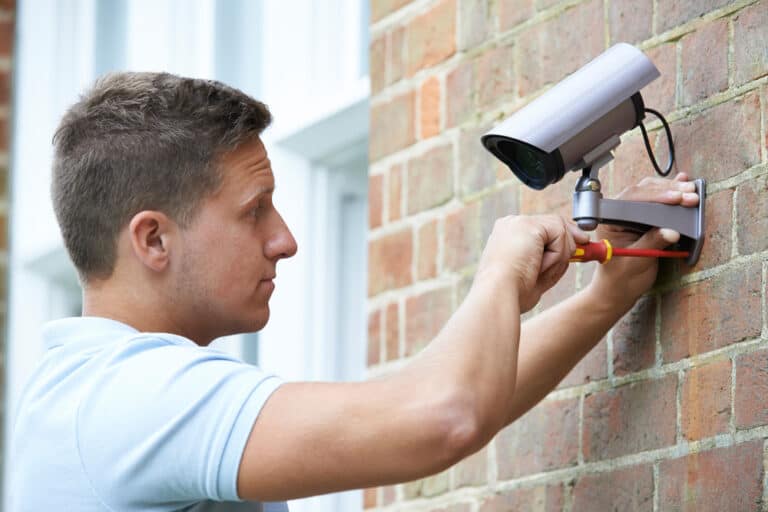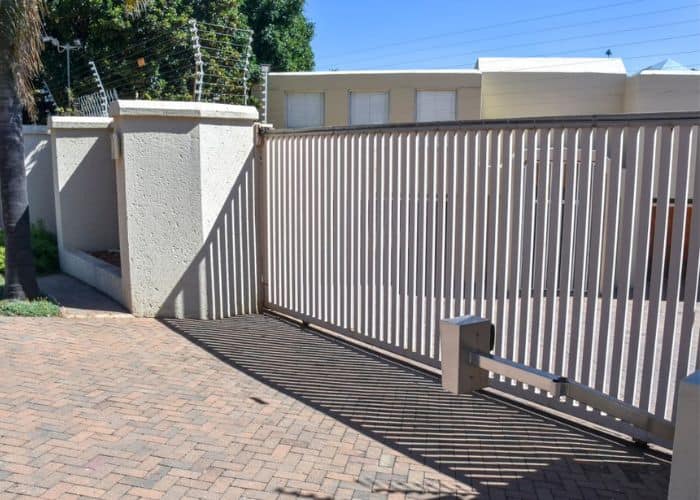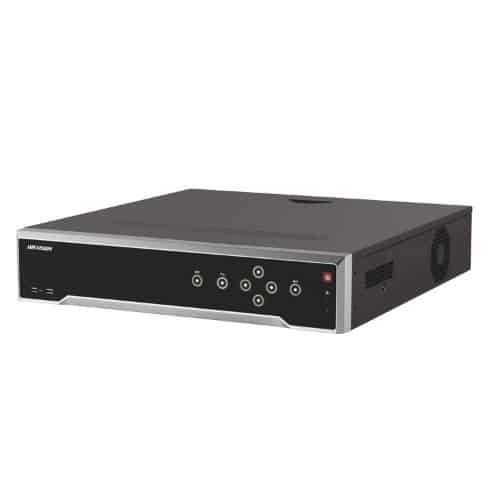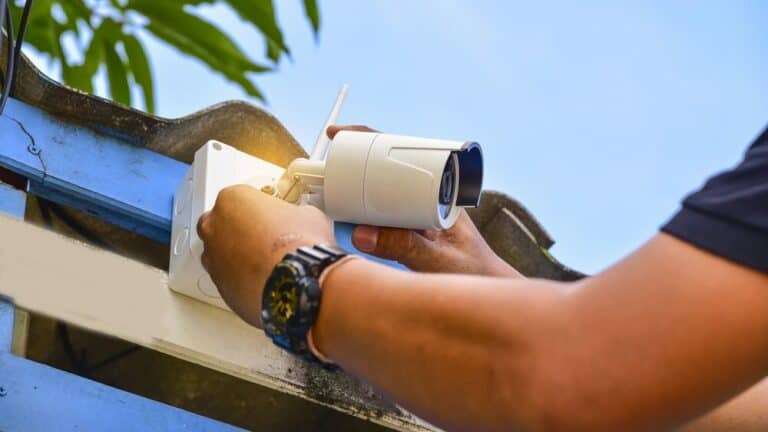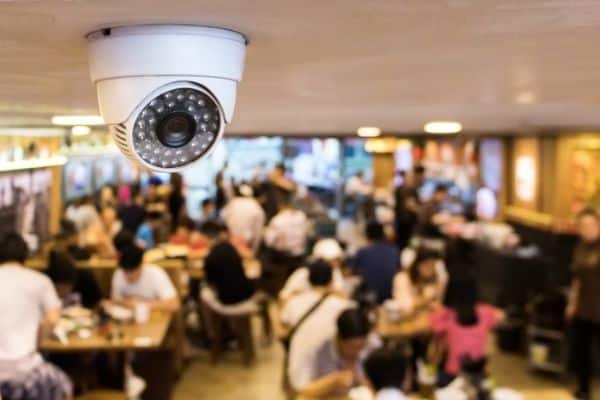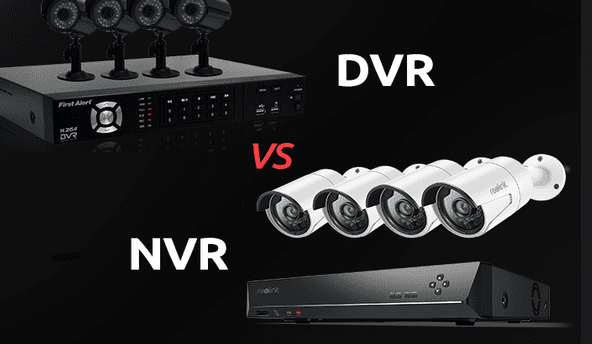How To Choose A Security Camera And CCTV System
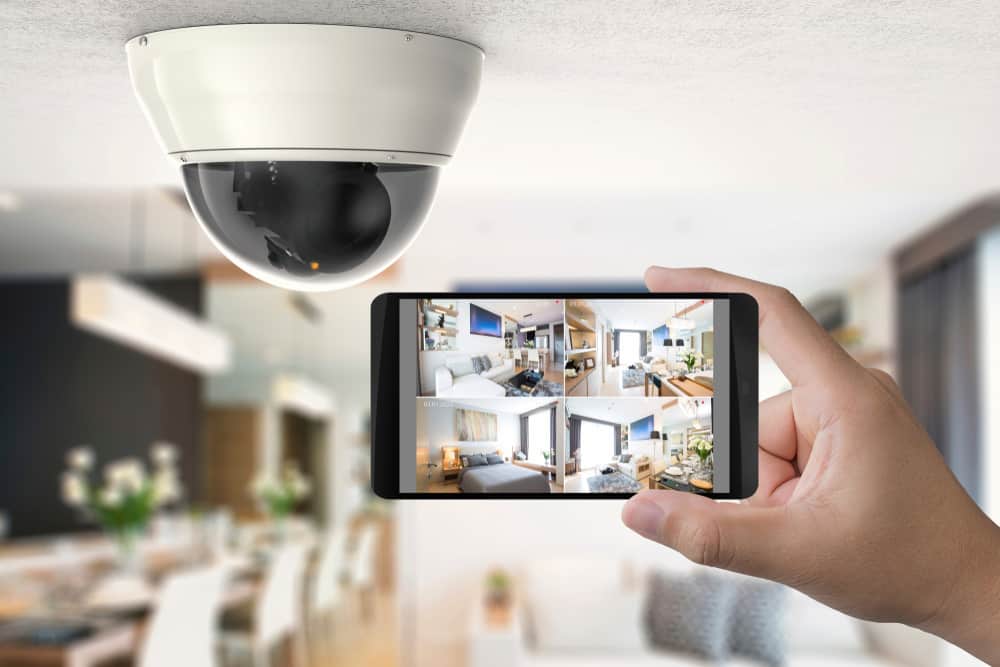
Choosing the right security camera and CCTV system can be a challenging task. With the advancement of technology, these systems have evolved significantly, offering a range of features and capabilities. Whether you’re looking to protect your home, business or industrial property, understanding the basics and knowing what to look for is crucial. This guide aims to simplify this process and help you make a decision that offers peace of mind and robust protection.
Do You Need a Single Security Camera or a Complete CCTV System?
| Aspect | Single Security Camera | CCTV System |
| Coverage | Focuses on a specific area or point of interest. | Offers a complete view with multiple cameras covering different angles. |
| Flexibility | Best for targeted surveillance, like watching a front door. | Ideal for extensive coverage, such as an entire property. |
| Scalability | Limited to one camera’s view. | Easily expandable to include additional cameras and angles. |
Understanding the Different Types of Security Cameras and Their Features
Security cameras come with various capabilities, each tailored for specific needs.
Hikvision 6MP Outdoor Turret Camera
Perfect for outdoor surveillance, this camera offers high-resolution imaging even in low-light conditions. Its robust design makes it ideal for monitoring external areas of your property.
Hikvision 4MP Outdoor Mini PTZ Camera
This versatile camera provides a 360-degree view, making it perfect for areas requiring comprehensive coverage. Its pan, tilt and zoom capabilities ensure no corner is left unmonitored.
What Are the Key Factors to Consider When Selecting a CCTV System?
Selecting the right CCTV system involves considering several key factors:
- Resolution and Image Quality: High-resolution cameras capture finer details, crucial for identifying faces or licence plates.
- Night Vision and Low Light Performance: Essential for round-the-clock surveillance, ensuring clear footage even in poor lighting conditions.
- Field of View: Determines how much area one camera can cover. A wider field of view means fewer blind spots.
- Storage and Recording: Consider the amount of storage needed for your footage, whether it’s cloud-based or local.
- Remote Access and Notifications: Systems that allow remote viewing and send alerts to your phone add convenience and enhance security.
Assessing Your Security Needs for CCTV Installation
To effectively assess your security needs, follow these steps:
- Survey Your Property: Identify vulnerable areas and potential blind spots.
- Determine Coverage Area: Estimate the number and types of cameras needed.
- Evaluate Lighting Conditions: This will influence the choice of cameras, especially for night-time surveillance.
- Consider Connectivity: Ensure your system can reliably connect to your network for remote access.
- Plan for Expansion: Choose a system that allows for future upgrades or additions.
Comparing Indoor and Outdoor Security Cameras
The choice between indoor and outdoor cameras depends on where and what you need to monitor. Indoor cameras are typically smaller and more discreet. They are ideal for monitoring internal activities, such as in homes or offices. These cameras are often equipped with features like two-way audio.
Conversely, outdoor cameras are built to endure harsh weather conditions. These are perfect for monitoring entrances, parking lots and external perimeters. They usually have stronger night vision and wider fields of view.
Looking for Reliable Security Solutions?
In conclusion, selecting the right security camera and CCTV system is a crucial step in safeguarding your property. By understanding your specific needs and the features of various camera types, you can make an informed decision that provides both security and peace of mind. For expert advice and professional installation services, contact us at Pacific Telephone & Data. We offer tailored CCTV solutions in Newcastle to ensure your safety and satisfaction.

